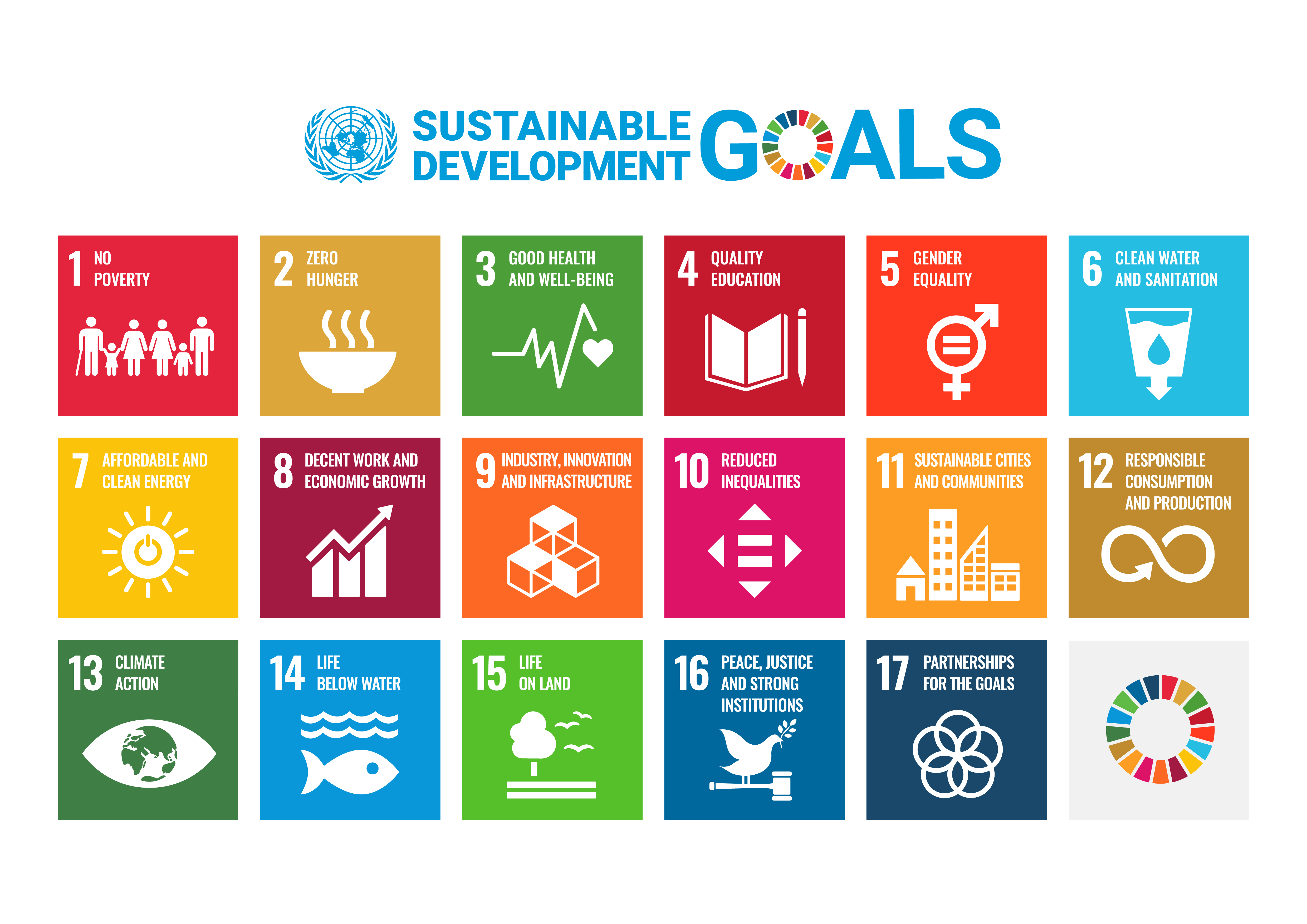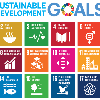Themes and SDGs
Applicants to the INSPIRE programme must take an interdisciplinary approach by developing a research proposal that combines at least one of APC’s four core thematic areas with at least one relevant global challenge.

Global Societal Challenges
 Fellows must choose a global societal challenge that aligns with the APC's research thematic focus.
Fellows must choose a global societal challenge that aligns with the APC's research thematic focus.
APC is committed to research that aligns closely with the United Nations Sustainable Development Goals (SDGs).
INSPIRE seeks to tackle this deficit by developing a cohort of ERs that consider the practical applications of their research for promoting innovative solutions to global challenges by combining research into the Microbiome and solutions to global challenges relating to food and health (e.g AMR / NCDs or those highlighted by the SDGs).
There is a worldwide shift towards sustainable development in business and society, also articulated in international policy agreements including the UN Sustainable Development Goals (SDGs) and Paris Climate Agreement. INSPIRE aligns with the UN Decade of Action on Nutrition and delivery of the 2030 Agenda, stakeholders from every sector are beginning to take action and systemically change behaviours. An evidence-based food systems approach has the potential to facilitate human and planetary health.
INSPIRE aims to release 20 highly trained interdisciplinary researchers into the international industry, policy and academic arena addressing global societal and planetary challenges. The programme will try to break down silos between public, policy and industry to tackle global societal challenges which are increasingly becoming a requirement for new hires outside of academia.
INSPIRE will leverage our leading reputation on solutions for Food, AMR, NCDs and strengthen our cross-cutting efforts to support solving challenges prioritised by the SDGs.
Fellows must choose a global societal challenge that aligns with the APC's research thematic focus. The following are relevant to APCs thematic areas.
Sustainable development. In 2015, the United Nations members adopted 2030 Agenda for Sustainable Development, which highlighted interconnectedness between people and planet, now and into the future. Sustainable Development is increasingly becoming a priority consideration for policy makers and business leaders, but numerous reports show that there is disconnect between market demand and availability qualified applicants. This topic is cross cutting across all four of APCs research thematic areas.
Non-communicable diseases (NCDs), also known as chronic diseases, tend to be of long duration and are the result of a combination of genetic, physiological, environmental and behaviours factors. According to the World Health Organisation (2018), NCDs are the leading cause of death in the world, representing 71% of all deaths globally (killing 41 million people each year). APC’s research looks at how gut bacteria interacts with the four main types of non-communicable diseases, which are cardiovascular diseases (like heart attacks and stroke), cancer, chronic respiratory diseases (such as chronic obstructed pulmonary disease and asthma) and diabetes. This also aligns with SDG target 3.4, which aims to reduce by one-third premature mortality from NCDs through prevention and treatment. This topic is cross cutting across all four of APCs research thematic research focus.
Antimicrobial resistance (AMR) has been identified as one of the most pressing human health concerns worldwide. Public health organizations uniformly agree that tracking its emergence and prevalence is critical to minimize the threat to human health. Indiscriminate use of antibiotics in the last few decades in humans and animals has led the World Health Organization to warn of a “post-anti-biotic era” as treatments become ineffective and infections persist in the body. It is estimated that AMR is responsible for 33,000 deaths per year in the EU and globally 10 million deaths per year are projected between 2015 and 2050 if current infection and resistance trends are not reversed.
Sustainable food system (SFS): is a food system that delivers food security and nutrition for all in such a way that the economic, social and environmental bases to generate food security and nutrition for future generations are not compromised. This means that it is profitable throughout (economic sustainability), it has broad-based benefits for society (social sustainability) and it has a positive or neutral impact on the natural environment (environmental sustainability). This SDG spans 5 areas: 1) Putting data within reach to support the transition to sustainable food systems; 2) Promoting evidence-based policy making and policy alignment; 3) Bolstering public-private collaboration in sustainable food systems development; 4) Facilitating local knowledge-building and knowledge-sharing and 5) Supporting countries in preventing and mitigating risks
EU Funding
 This project is co-funded by the European Union's Horizon 2020 programme under the Marie Skłodowska–Curie Grant agreement No. 101034270.
This project is co-funded by the European Union's Horizon 2020 programme under the Marie Skłodowska–Curie Grant agreement No. 101034270.




